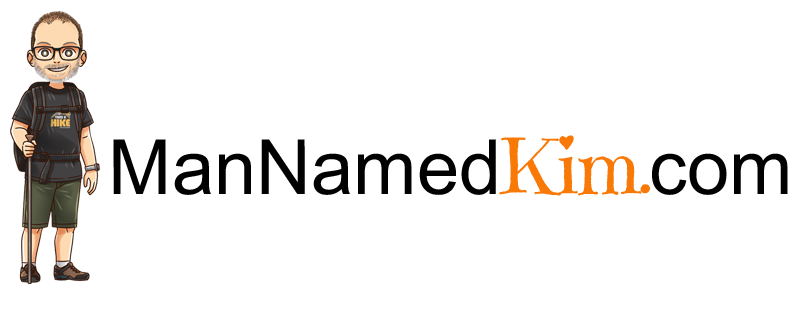Addict. On July 10, 1999, I lost what felt like everything. Accused of felony crimes, arrested for fraudulently obtaining a controlled substance and within 48 hours, defrocked - I lost my 15-year career as a pastor with the United Methodist Church. I was unemployed and every family member and friend saw me with tenuous acceptance … and those were the very loving ones.
It makes sense, really. I had been arrested. I had lied to my family, parishioners and friends repeatedly about my opiate addiction. I had “borrowed” money with no real way of paying it back. Being an addict means so much that is negative in our lives. Lies, stealing, distrust – we wrap addicts in all of these things. However, I would like to believe that that is only part of the truth.
One of the major obstacles to recovery is public stigma. The stigma comes, in part, from the way we talk and think about recovery. Addict. Junkie. Druggie. These terms carry with them the Hollywood scenes and dramatic memories of the underbelly of alcoholism and addiction. These words cause us to ignore the people like myself who are living in recovery. These words and prejudices cause us to objectify the addict and the alcoholic. We can then easily place them in the box with the “town drunk” as too often incurable. As a result, when I sought help, the help that was available to me existed only in church basements, amid bad coffee, smoke-veiled doorways and broken stories of destruction and carnage.
The good news is that for whatever reason, I was able to let myself go there and get help. I found some remarkable and wise people. The bad news is that many other people know they need help and even seek help from medical professionals, only to find that they must cast themselves into the realm of the least, the last and the lost of society in order to get it.
Hospitals could only offer me a short-term plan. Treatment facilities, which were much better funded in 1999 than they are now, could only offer me 30 days of treatment, after which I could “graduate.” But then what? I’m one of the fortunate ones who somehow managed to get through this scant offering of treatment and recovery.
According to the 2012 National Survey on Drug Use and Health, 23.1 million people ages 12 and older needed treatment for an illicit drug or alcohol use problem last year, but only 2.5 million received treatment at a specialty facility. About one-quarter of those who need treatment but do not receive it lacked insurance, according to the article.
A few years ago I watched a movie that I believe everyone should watch: The Anonymous People. The film goes into detail about the common struggle of recovering people, and their families, health-care professionals and friends. We need a transformation, a uniting of minds and resources to change public perception and policy. We need to claim the reality that the old adage, “Once an addict, always an addict,” is false. (To learn more about The Anonymous People, visit www.manyfaces1voice.org)
There are an estimated 23 million people in the United States who are living in long-term recovery. I am an addict, but I’d prefer to say something different.
I am a person in long-term recovery. What that means to me is that I haven’t had alcohol or other drugs since July 10, 1999. This has allowed me to become a better person, a loving father, grandfather and husband. I have established myself as a productive member of my community and a successful business leader. What is more, I have found space for my own creative expression. I write poetry and published a book.
Sounds much better, doesn’t it?
We are people you may know, but you don’t know about our recovery, the anonymous people. Here's to 18 years of recovery and counting...
